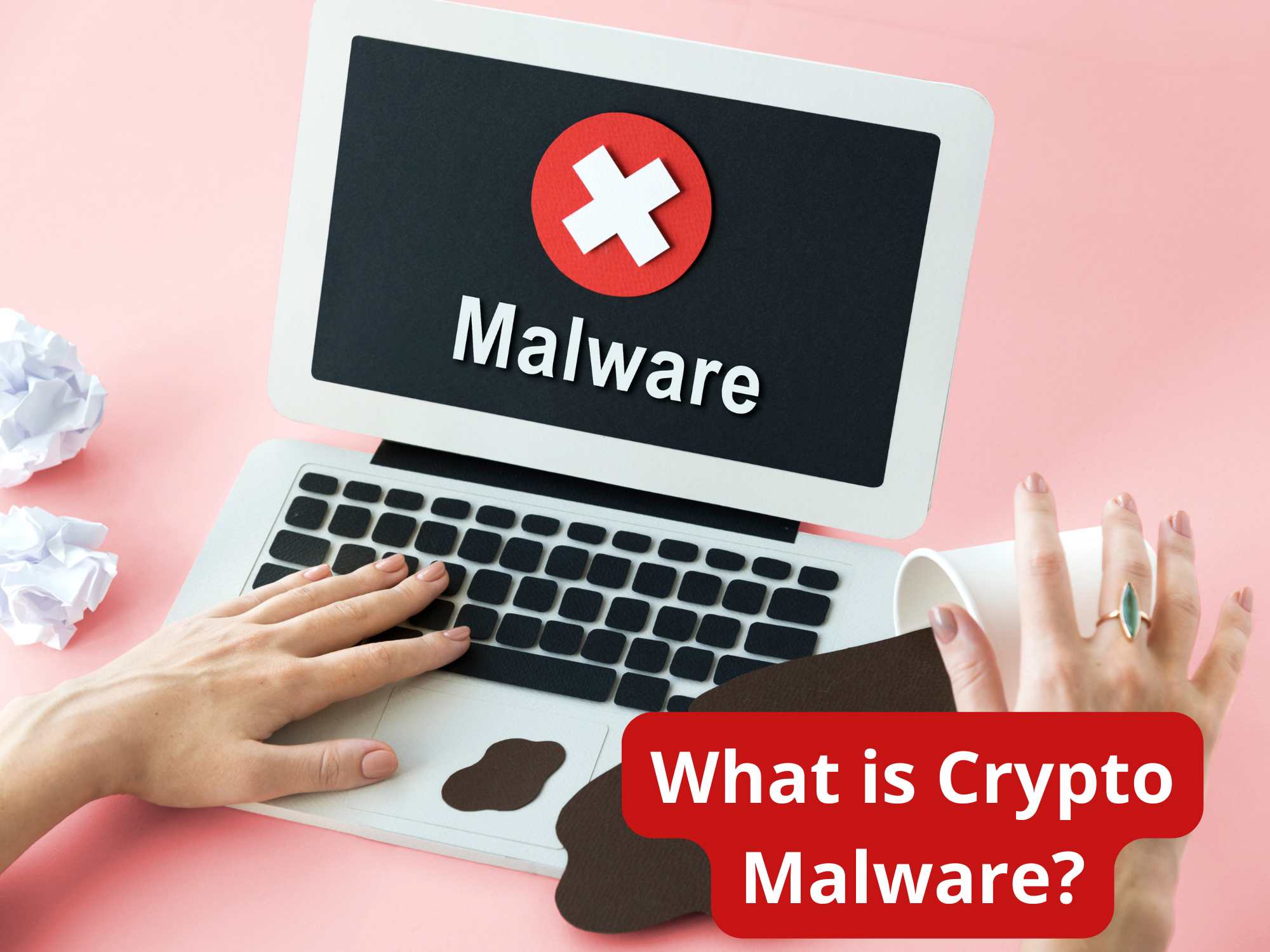
Secure Your Online Activity with the Best Paid VPN
anonymizevpn.com– Are you concerned about the security of your online activity? If so, investing in the best paid VPN service can provide you with the optimal protection you need.
A paid VPN encrypts your internet connection, ensuring that your online activities remain private and secure.
we want to guide you in finding the best paid VPN service that suits your needs. With the increasing number of cyber threats and the rise in government surveillance, it has become imperative to secure your online activity. Investing in a paid VPN is the first step towards ensuring the safety of your sensitive information while online.
Join us as we dive into the importance of a VPN, key factors to consider when choosing a paid VPN, and the top paid VPN services in the US. We will also be comparing the security features of paid VPNs, discussing the benefits of using a paid VPN, and providing tips for maximizing your paid VPN experience.
Let’s get started in finding the best paid VPN that can secure your online activity.
Understanding the Importance of a VPN
In today’s digital age, using a VPN is no longer just an optional choice. It has become an essential tool for safeguarding your online activities from potential threats. A VPN (Virtual Private Network) is a service that encrypts your internet connection and reroutes it through a remote server, providing a secure and private connection. By doing so, it protects your sensitive information such as passwords, credit card details, and personal data from being intercepted by hackers or cybercriminals.
One of the major reasons for using a VPN is to establish a secure connection when browsing the internet, especially when using a public Wi-Fi network. Public Wi-Fi hotspots are often unencrypted, which means that anyone with the right tools can potentially access your internet traffic and eavesdrop on your online activity.
Another important reason for using a VPN is to protect your online privacy. Without a VPN, your internet service provider (ISP) can track your online activities and sell your browsing data to advertisers. Moreover, government agencies can use your browsing history to monitor your online behavior and even restrict your access to certain websites and services.
Therefore, investing in a paid VPN service is a crucial step towards securing your online activity and protecting your sensitive information from being compromised. By encrypting your internet connection and hiding your IP address, a VPN ensures that your online activities remain private and secure.
Overall, it’s important to understand the significance of a VPN in today’s digital landscape and the potential risks associated with browsing the internet without one. A reliable paid VPN service offers reliable protection against online threats and ensures that your internet activities remain confidential.
Key Factors to Consider When Choosing a Paid VPN
Choosing the right VPN service is a critical decision that requires careful consideration. Here are some key factors to keep in mind when selecting a paid VPN provider:
Encryption Protocols
The first factor to consider is the encryption protocol used by the VPN service. VPNs typically use industry-standard protocols such as OpenVPN, L2TP/IPSec, and PPTP to secure internet traffic. OpenVPN is considered the most secure, followed by L2TP/IPSec and PPTP. When evaluating VPN providers, look for those that offer multiple encryption protocols to ensure you can choose the one that suits your needs.
Server Locations
The number and location of VPN servers are also important factors to consider. The more server locations a VPN provider has, the wider the range of IP addresses available for you to use. This can help you avoid IP blocking and enhance your online anonymity. Additionally, if you need to bypass geo-restrictions to access content from a specific region, look for VPN providers with servers in that region.
Logging Policies
Another crucial factor is the VPN provider’s logging policy. Some VPNs keep logs of users’ online activities, while others have a strict no-logs policy. If privacy is a top priority for you, look for a VPN provider with a no-logs policy, as this ensures that your activity data is not stored or shared with third parties.
Customer Support
Lastly, customer support is an essential factor to consider, especially if you’re new to VPNs. Choose a VPN provider that offers 24/7 customer support via different channels, such as email, live chat, and phone. This ensures you can get help quickly in case of any issues or questions.
By considering these key factors when choosing a paid VPN service, you can be confident that you’re selecting a provider that meets your needs and can provide optimal security for your online activity.
Best Paid VPN Services in the US
If you’re in the market for a paid VPN service, there are numerous options available in the US. We’ve done the research and compiled a list of the top paid VPN services based on their features, pricing, and user reviews. Here are our recommendations:
NordVPN
NordVPN is a highly-rated VPN service that offers over 5,500 servers in 59 countries, with more than 1,900 servers in the US. They use strong encryption protocols like OpenVPN and IKEv2/IPSec, and offer features like Double VPN and Onion over VPN for added security. They also have a strict no-logs policy and offer 24/7 customer support. Pricing starts at $11.95 per month, with discounts available for longer-term subscriptions.
ExpressVPN
ExpressVPN is another top-rated VPN service that offers a wide range of server locations, including servers in major US cities like New York and Los Angeles. They use strong encryption protocols like OpenVPN and offer features like split-tunneling and a kill switch. They also have a no-logs policy and offer 24/7 customer support. Pricing starts at $12.95 per month, with discounts available for longer subscriptions.
Surfshark

Surfshark is a newer VPN service that has quickly gained popularity due to its affordable pricing and strong security features. They offer over 3,200 servers in 65 countries, including servers in the US. They use encryption protocols like OpenVPN and IKEv2/IPSec, and offer features like Camouflage Mode and MultiHop for added security. They also have a strict no-logs policy and offer 24/7 customer support. Pricing starts at just $2.49 per month, with steep discounts available for longer subscriptions.
IPVanish
IPVanish is a popular VPN service that offers over 1,600 servers in 75 countries, including over 700 servers in the US. They use strong encryption protocols like OpenVPN and IKEv2/IPSec, and offer features like split-tunneling and a kill switch. They also have a no-logs policy and offer 24/7 customer support. Pricing starts at $9.99 per month, with discounts available for longer subscriptions.
These are our top picks for paid VPN services in the US, but there are many other options available as well. It’s important to choose a VPN service that meets your specific needs and offers the security features you require.
Comparing the Security Features of Paid VPNs
One of the most important factors to consider when choosing a paid VPN is the level of security it provides. In this section, we’ll be comparing the security features of different paid VPN services, including their VPN encryption protocols, anonymity levels, and additional security measures.
VPN Encryption Protocols
VPN encryption protocols are the technologies used by VPN services to encrypt and decrypt data. The most commonly used VPN encryption protocols are:
- OpenVPN: OpenVPN is considered to be the most secure VPN encryption protocol available. It uses OpenSSL encryption, which is extremely difficult to crack, and offers both UDP and TCP protocols for optimal speed and security.
- L2TP/IPSec: L2TP/IPSec is a combination of two protocols: Layer 2 Tunneling Protocol (L2TP) and Internet Protocol Security (IPSec). It provides a high level of security and is a popular choice for mobile devices due to its compatibility across platforms.
- PPTP: Point-to-Point Tunneling Protocol (PPTP) is an easy-to-use VPN encryption protocol that provides good speed and is compatible with most devices. However, it is not as secure as OpenVPN or L2TP/IPSec due to its weaker encryption standards.
Anonymity Levels
Another important aspect of VPN security is anonymity levels. A VPN service should be able to keep your online activity private from ISPs, government agencies, and hackers. The most important features that enhance anonymity levels are:
- Zero-logging policy: A VPN service that has a zero-logging policy won’t store any of your online activity in their servers, ensuring your data remains private.
- No IP, DNS or WebRTC leaks: These leaks can potentially reveal your real IP address and location to third parties. A good VPN service should prevent any leaks to ensure your anonymity is always maintained.
Additional Security Measures
Finally, some VPN services offer additional security features to further enhance the protection of your online activity. These features include:
- Double VPN: This feature encrypts your data twice by routing it through two separate VPN servers, providing an extra layer of security.
- Multi-hop: Similar to double VPN, multi-hop routes your data through multiple servers, increasing the level of encryption and anonymity.
- Ad-blockers and malware protection: A VPN service that offers ad-blockers and malware protection can help prevent unwanted ads and protect your device from malicious software.
By evaluating these security features, you can determine which paid VPN service provides the highest level of protection for your online activity.
Benefits of Using a Paid VPN
Investing in a paid VPN service offers several advantages that can enhance your online experience. Here are some of the top benefits of using a paid VPN:
Accessing Geo-Restricted Content
One of the most significant advantages of using a paid VPN is the ability to access geo-restricted content. With a VPN, you can bypass content blocks and censorship imposed by governments or streaming services. This means you can enjoy your favorite TV shows and movies from anywhere in the world.
Avoiding Government Surveillance
Using a paid VPN can help protect your online privacy by preventing government agencies or internet service providers from monitoring your online activities. A VPN encrypts your internet traffic, making it difficult for anyone to intercept and access your sensitive data.
Protecting Your Sensitive Data on Public Wi-Fi Networks
Public Wi-Fi networks are often insecure, making it easy for hackers to intercept your online data. By using a paid VPN, you can encrypt your internet traffic and protect your online privacy, even on public Wi-Fi networks. This is especially important when accessing sensitive information such as banking or work-related documents.
Maintaining Online Privacy
Using a paid VPN allows you to maintain your online privacy by masking your true location and IP address. This prevents websites and online advertisers from tracking your online activities and collecting your personal information.
In conclusion, investing in a paid VPN service provides several advantages that can improve your online security and privacy. By using a VPN, you can access geo-restricted content, avoid government surveillance, protect your sensitive data on public Wi-Fi networks, and maintain your online privacy.
Tips for Maximizing Your Paid VPN Experience
If you have invested in a paid VPN service, you are well on your way to securing your online activities. However, there are some tips and tricks that can help you make the most of your VPN service and enhance your online security. Here are some VPN tips to maximize your VPN experience:
1. Choose the Right Server Location
Choosing the right server location is crucial when using a VPN. Some VPN providers have servers in various countries, and it is essential to select the server that suits your needs. Suppose you want to access content that is only available in the United States. In that case, you need to connect to a server located in the US to bypass geo-restrictions. Similarly, suppose you want to protect your online privacy. In that case, it is recommended to connect to a server located in a privacy-friendly country such as Switzerland or the Netherlands.
2. Optimize Your VPN Settings
Most VPN providers offer customization options to optimize your VPN settings. You can modify settings such as encryption protocols, kill switches, and split tunneling to enhance your VPN experience. For example, if your VPN provider supports the WireGuard protocol, it is recommended to use it as it provides faster speeds and improved security. Similarly, enabling the kill switch feature ensures that your internet connection is cut off if your VPN connection drops, preventing any data leaks.
3. Ensure Your VPN is Always Up to Date
It is essential to keep your VPN updated to ensure it is operating with the latest security features. Most VPN providers release regular updates, which may include security patches, bug fixes, and new features. By updating your VPN, you can ensure that you are benefiting from the latest security improvements and performance enhancements. Some VPNs offer automated updates, while others require manual updates, so it is best to check your VPN’s update policy.
By following these VPN tips, you can maximize your paid VPN experience and enhance your online security. Remember to select the right server location, optimize your VPN settings, and keep your VPN up to date. Doing so will ensure that your online activities remain secure and private.
Conclusion
We hope this article has provided valuable insights into why investing in the best paid VPN is essential for securing your online activity. By using a trusted VPN service, you can protect your sensitive data from potential cyber threats, as well as ensure your online privacy remains intact.
Choose Wisely
When selecting a paid VPN service, we recommend taking into account important factors such as encryption protocols, server locations, logging policies, and customer support. By choosing wisely, you can find a VPN that meets your specific needs and offers optimal security.
The Benefits are Clear
There are clear benefits to using a paid VPN, including accessing geo-restricted content, avoiding government surveillance, protecting your sensitive data on public Wi-Fi networks, and maintaining online privacy. By investing in a reputable VPN service, you can enjoy a safer and more private online experience.
Maximize Your VPN Experience
To maximize your VPN experience, we recommend following essential tips such as choosing the right server location, optimizing your VPN settings, and ensuring your VPN is always up to date. These tips will help you enhance the performance and security of your paid VPN.
Overall, we encourage readers to take action and choose a trusted VPN service that meets their specific needs. By doing so, you can enjoy a more secure and private online experience.
FAQ
What is a paid VPN?
A paid VPN (Virtual Private Network) is a service that allows you to create a secure and private connection to the internet. By subscribing to a paid VPN service, you can encrypt your online data, hide your IP address, and browse the web anonymously.
Why should I use a VPN?
Using a VPN is essential for safeguarding your sensitive information and maintaining your online privacy. It helps protect your data from hackers, prevents government surveillance, allows you to access geo-restricted content, and ensures your online activities remain anonymous.
What factors should I consider when choosing a paid VPN?
When selecting a paid VPN service, consider factors such as encryption protocols, server locations, logging policies, customer support, and pricing plans. These aspects will determine the level of security, reliability, and convenience offered by the VPN provider.
Can I use a paid VPN for streaming and torrenting?
Yes, many paid VPN services offer optimized servers for streaming and torrenting. These servers are designed to provide faster speeds and ensure a smooth online experience while accessing streaming platforms or downloading torrents.
Are there any limitations with using a paid VPN?
While paid VPN services generally offer more features and flexibility than free VPNs, there may still be limitations. Some limitations may include restricted bandwidth, limited server locations, or additional charges for certain features. It’s important to read the terms and conditions of the VPN service before subscribing.
Can I use a paid VPN on multiple devices?
Most paid VPN services allow simultaneous connections on multiple devices. This means you can protect all your devices, including smartphones, tablets, laptops, and smart TVs, with a single VPN subscription. However, the number of devices supported may vary depending on the VPN provider.
How do I set up a paid VPN?
Setting up a paid VPN is usually a straightforward process. Once you subscribe to a VPN service, you will receive instructions on how to download and install the VPN app on your device. Follow the provided guidelines, enter your login credentials, and connect to a VPN server to start securing your online activity.
Is a paid VPN legal?
Yes, using a paid VPN is legal in most countries. VPNs are legitimate tools used to enhance online privacy and security. However, it’s important to note that using a VPN for illegal activities is not condoned and may be subject to legal consequences.
Can I use a paid VPN on public Wi-Fi networks?
Yes, using a paid VPN on public Wi-Fi networks is highly recommended. Public Wi-Fi networks are often insecure, making it easier for hackers to intercept your data. By connecting to a VPN on public Wi-Fi, you can encrypt your internet traffic and protect your sensitive information from potential threats.
How can I maximize my paid VPN experience?
To maximize your paid VPN experience, consider choosing a server location closest to your physical location to minimize latency. Optimize your VPN settings for the best performance, such as enabling automatic reconnect or selecting the appropriate VPN protocol. Additionally, ensure your VPN software is always up to date to benefit from the latest security enhancements.





